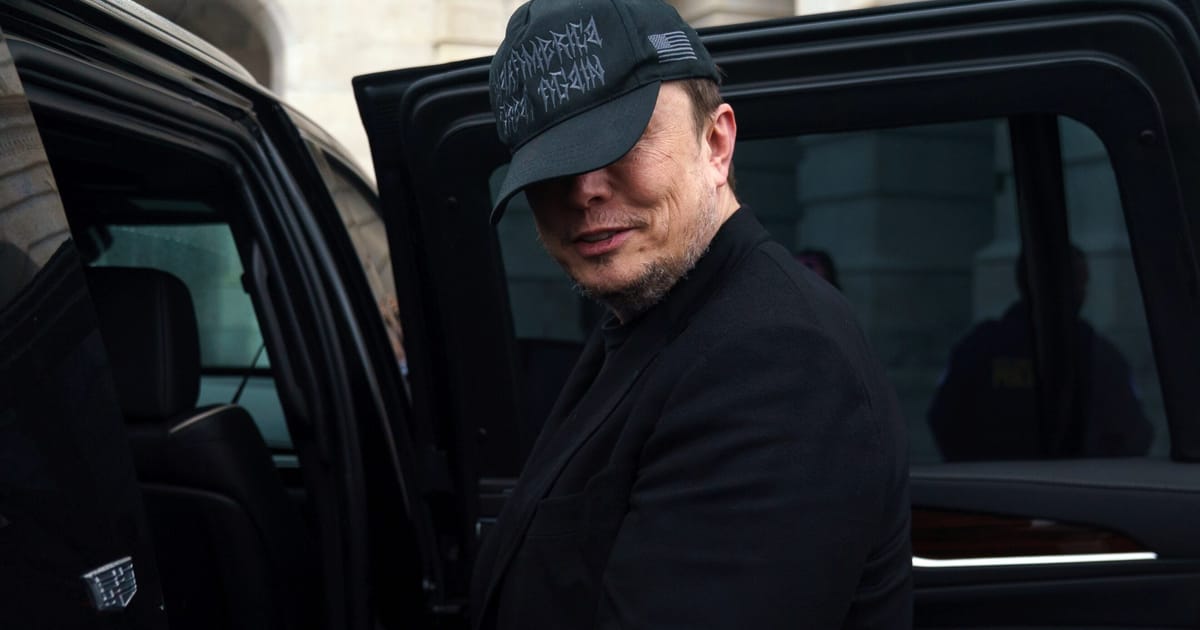

Recent events around the world have presented a tapestry of challenges and opportunities, grounding us in a period of reflection and adjustment. These developments highlight the interconnectedness of global trade sectors and the political landscape.
In France, a noteworthy development has emerged with the launch of a criminal investigation into X, the social media platform owned by Elon Musk. This investigation, initiated by complaints from a French lawmaker and an unnamed senior civil servant, delves into potential manipulations involving the platform’s algorithms. This probe represents a keen examination of digital ethics and governance in technology, fostering deeper engagements with accountability and transparency within digital spaces.
Parallel to this, France finds its political climate accentuated by the questioning of French billionaire Pierre-Edouard Stérin. Stérin was interrogated concerning financial matters linked to the National Rally party’s campaign financing during local election campaigns. This inquiry signifies France’s commitment to electoral integrity and financial transparency, underscoring the values that guide democratic processes.
Shifting focus across the Atlantic, trade policies under the administration of President Donald Trump have generated ripples through global markets. President Trump announced the imposition of a 50% tariff on Brazilian imports, citing perceived unfairness in legal proceedings against former President Jair Bolsonaro. This decision stands as part of a broader trade strategy impacting multiple nations, including the Philippines, Brunei, Moldova, and others. The impacts of these tariffs are expected to reverberate through various aspects of international relations and economic strategies.
Further highlighting this trajectory, the United States is preparing to enforce a 35% tariff on Canadian imports, a move slated to take effect at the start of August. This decision includes ongoing tariffs on essential goods such as auto parts, steel, and aluminum, creating a broader dialogue regarding trade practices and economic sovereignty. These shifts encourage countries to adapt and evolve in the face of changing economic conditions.
In the UK, financial stability becomes a crucial focus as Chancellor Rachel Reeves steps up to address economic questions following an unexpected decrease in GDP for May. In an upcoming Mansion House speech, she aims to inspire confidence by emphasizing opportunities within the City, urging a reconnection with growth strategies to bolster the economy amid fiscal challenges and bring vibrancy back to financial landscapes.
On a global scale, certain developing nations, including Somalia, DR Congo, and Yemen, are navigating complexities as they engage in lobbying efforts with U.S.-affiliated figures post cuts to foreign aid. The pursuit of resource-backed agreements underscores pressing economic realities and emphasizes the role of diplomacy in attaining mutual benefits. Through these economic challenges, countries are encouraged to explore resilience and innovative approaches to international collaborations.
As these scenarios unfold, they remind us of the delicate balance between economic strategies and political integrity, encouraging each nation to reflect on its choices and commitments. In navigating these complexities, a shared sense of purpose emerges, underscoring the need for cooperative dialogue and sustained commitments to global partnerships.
Source: {link}
